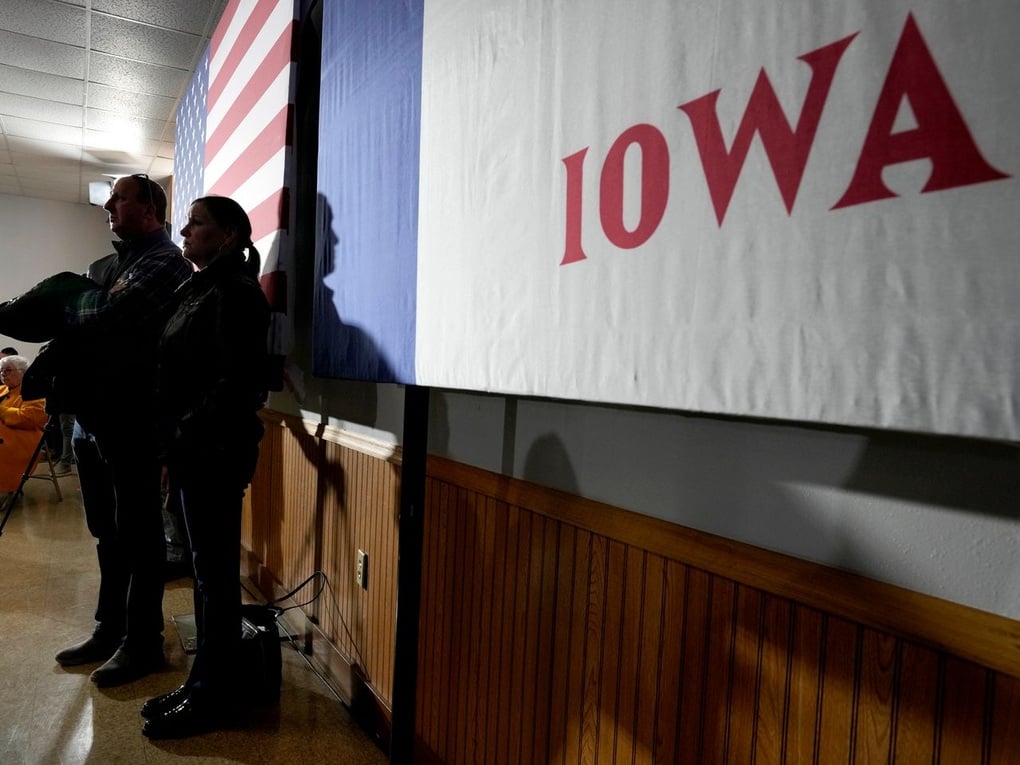
Audience members listen to a Republican presidential candidate speak at a town hall in Ankeny, Iowa, in November 2023 (Photo: AP).
On January 15 local time, Republican voters in Iowa will go to the polls to choose the person they want to represent them in the race to the White House.
While Iowa - a state of just 3 million people - does not have the political clout to decide who will be the White House boss in 2025, its position as the first state to hold primary votes makes Iowa play an important role in shaping the race.
Big Question
Before the official presidential election in November, US states and territories will hold primary elections for the Republican and Democratic parties to choose their candidates. This process will take place from now until June.
Since the 1970s, Iowa has been the first state to hold its primary in the nation. But this year, that's true only for Republicans, because Democrats have adjusted their primary schedule.
Still, the January 15 vote in Iowa is important. It will give the winner a huge boost of attention at the start of election fever, fueling primaries in other states and generating campaign donations.
This year, the big question in Iowa is whether any Republican candidate can compete with former President Donald Trump.
The final poll before the January 15 election by the Des Moines Register/NBC News/Mediacom shows that Mr. Trump is still leading his Republican presidential rivals in Iowa.
Specifically, 48% of those who will vote said that Mr. Trump would be their first choice, compared to 20% for former South Carolina Governor Nikki Haley and 16% for Florida Governor Ron DeSantis.
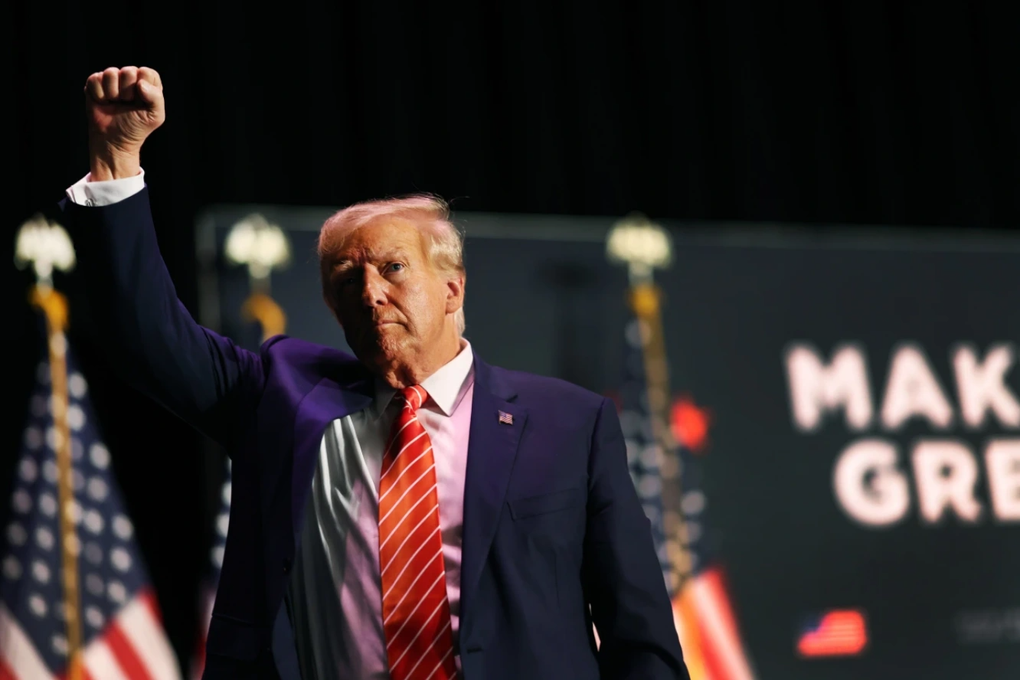
Former President Donald Trump at a campaign event in Sioux City, Iowa in 2023 (Photo: Getty).
Different way
The way Republicans in Iowa vote for presidential candidates is different from most of the rest of America.
Most states hold primaries using a primary system. Under this system, voters can go to a public polling place at any time during election hours (usually all day) to cast their ballot. Voters can vote early or by mail.
But the Republican Party in Iowa holds its elections in a caucus format. Accordingly, voters must be present at a predetermined location and time (7 p.m. on January 15) to vote after hearing speeches from the candidates' representatives. Basically, a caucus is similar to a party meeting.
Due to the time constraints, the number of people who participate in caucus elections is low. Those who may miss out include: night shift workers, students studying far from home, elderly or disabled people who have difficulty leaving their homes, and parents who cannot find child care.
Weather conditions like the storms in Iowa could also keep some people home this year.
In 2016, more than 186,000 people voted in Iowa’s last highly competitive Republican primary. That was a record number, but still only about a third of the state’s registered Republicans.
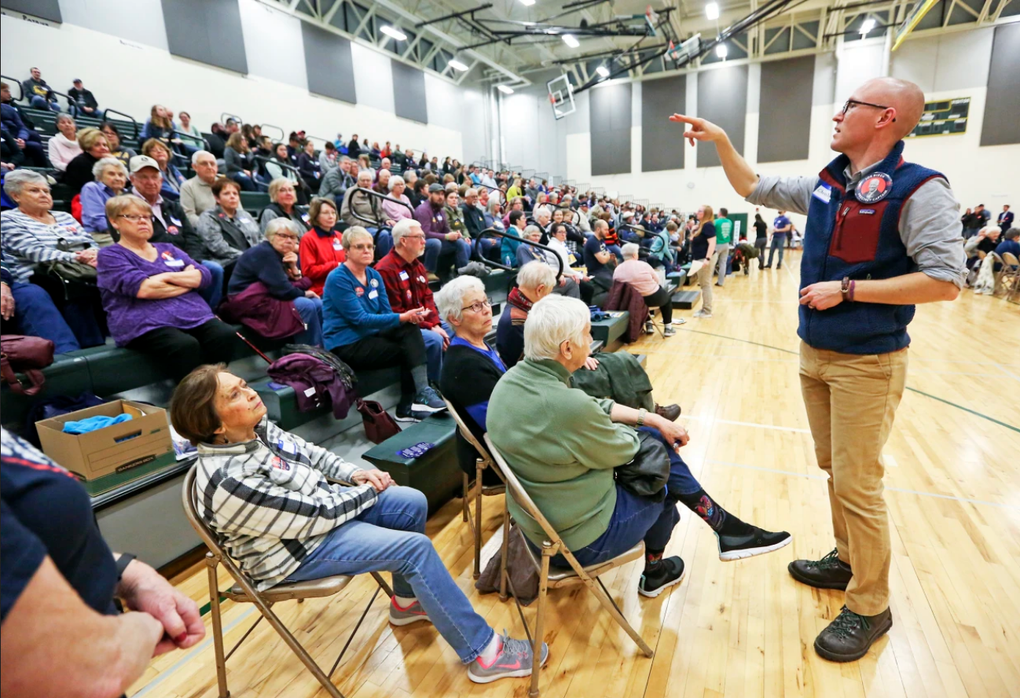
A person counts supporters during a Democratic caucus election in Dubuque, Iowa, in February 2020 (Photo: AP).
Some limitations
Iowa's caucus-style election may not yield quick results.
In 2020, the full results of the Iowa Democratic primary were not known for several days due to technical issues, which is the main reason why Iowa Democrats ceded the first round of voting this year to New Hampshire.
The winner of the Iowa primary doesn't always win the national party nomination, especially on the Republican side. Iowa Republicans chose Ted Cruz in 2016, Rick Santorum in 2012, and Mike Huckabee in 2008, but all three went on to win the nomination.
Iowans, however, often say their job is not to determine the winner of the nomination, but simply to narrow the field of voters for other states.
Source







![[Photo] Closing of the 13th Conference of the 13th Party Central Committee](https://vphoto.vietnam.vn/thumb/1200x675/vietnam/resource/IMAGE/2025/10/08/1759893763535_ndo_br_a3-bnd-2504-jpg.webp)




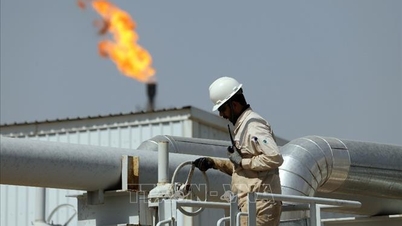




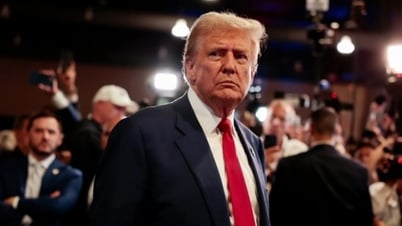













































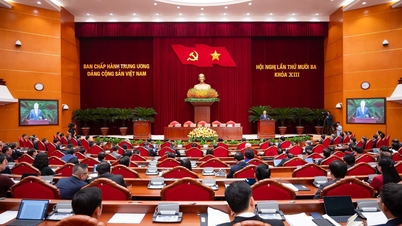


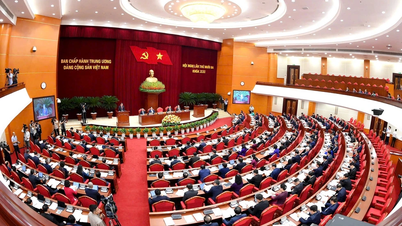


































Comment (0)